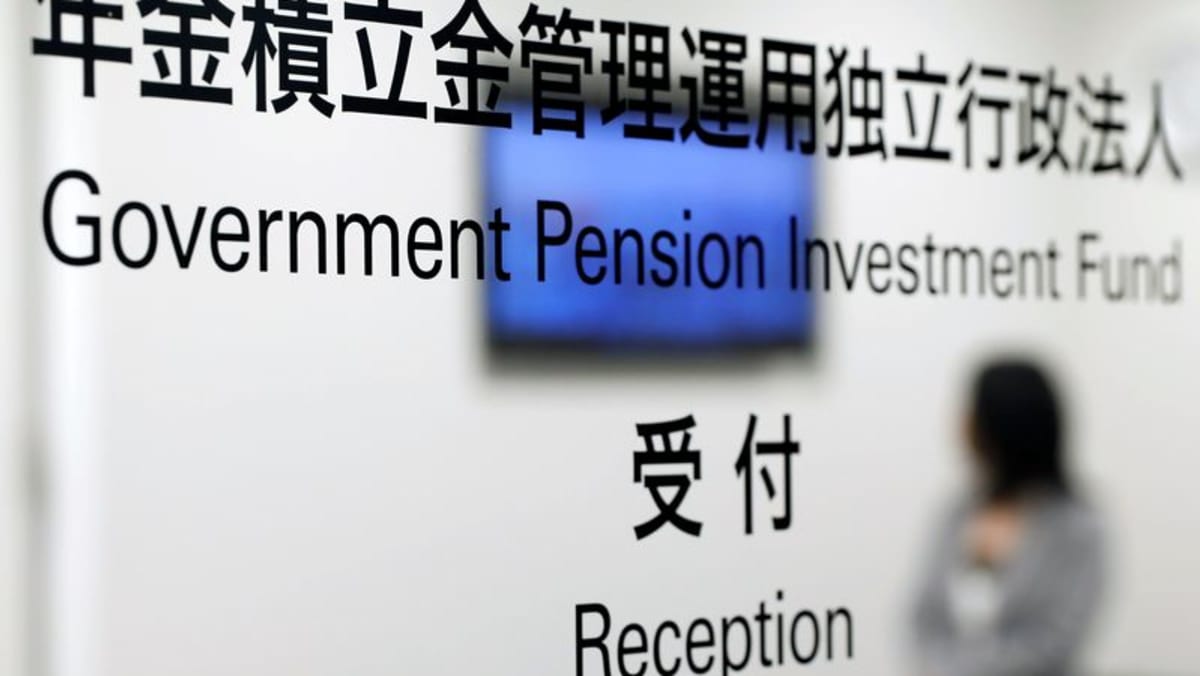NEED FOR COHERENT POLICY
Labour-intensive industries, once key drivers of job creation, have been hit hard by rising competition and labour costs. The government’s emphasis on downstreaming strategies, which are capital-intensive and create fewer jobs, have further exacerbated the strain felt by middle-class households.
The future of labour-intensive industries remains uncertain, underscoring the need for a coherent industrial policy aligned with broader economic goals.
Indonesia’s economic growth slowed to 4.95 per cent in the third quarter of 2024, as households grappled with stagnant wages and declining public service quality. Public dissatisfaction – driven by perceptions of corruption and inefficiency – is further eroding trust in fiscal policies.
Economic theory cautions against increasing taxes during periods of economic weakness, as consumption taxes like VAT are regressive, disproportionately affecting lower-income households. Without mitigating measures, the risks of raising VAT under such conditions outweigh potential benefits.
Indonesia’s VAT rate remains regionally comparable – Thailand has a lower rate of 7 per cent, while the Philippines and Vietnam align more closely at 12 and 10 per cent respectively. Despite this, Indonesia’s tax-to-GDP ratio lags behind its peers.
Raising the VAT could help close this gap and support critical investments such as in infrastructure, which could lower logistical costs and boost connectivity, or education, which could strengthen workforce competitiveness.
But these benefits hinge on transparent and efficient revenue allocation.
Comprehensive tax reform is crucial. Broadening the tax base, improving compliance and modernising administration are key to sustainable revenue growth. Initiatives like the Bill on Harmonization of Tax Regulations and the CoreTax System aim to simplify administration and reduce compliance barriers for businesses.
But these efforts should complement VAT adjustments within a cohesive fiscal strategy. During periods of economic weakness, countercyclical fiscal measures like reducing taxes or increasing public spending to stimulate growth are beneficial.
The VAT hike could contradict this principle unless paired with measures to offset its regressive effects.












